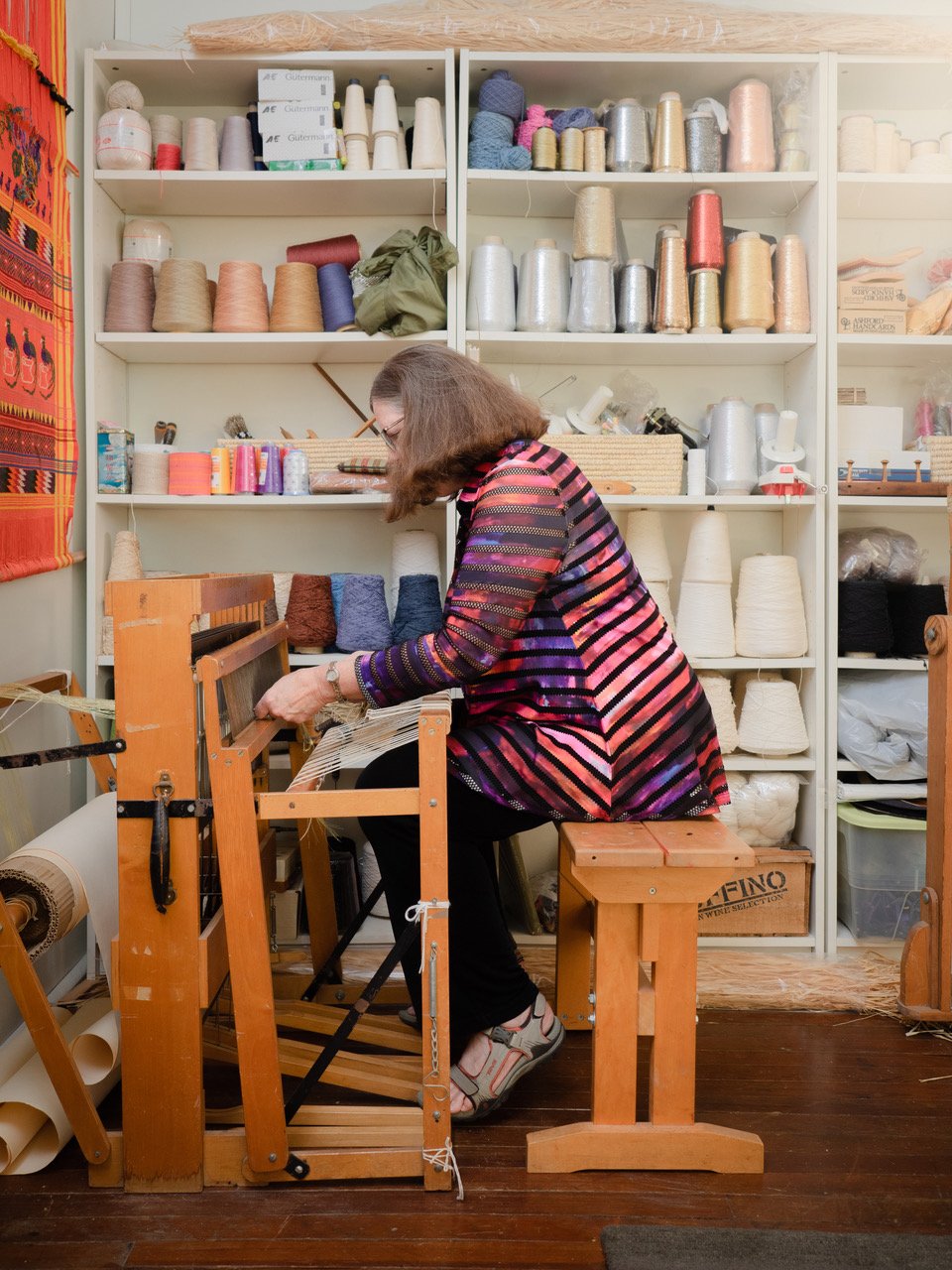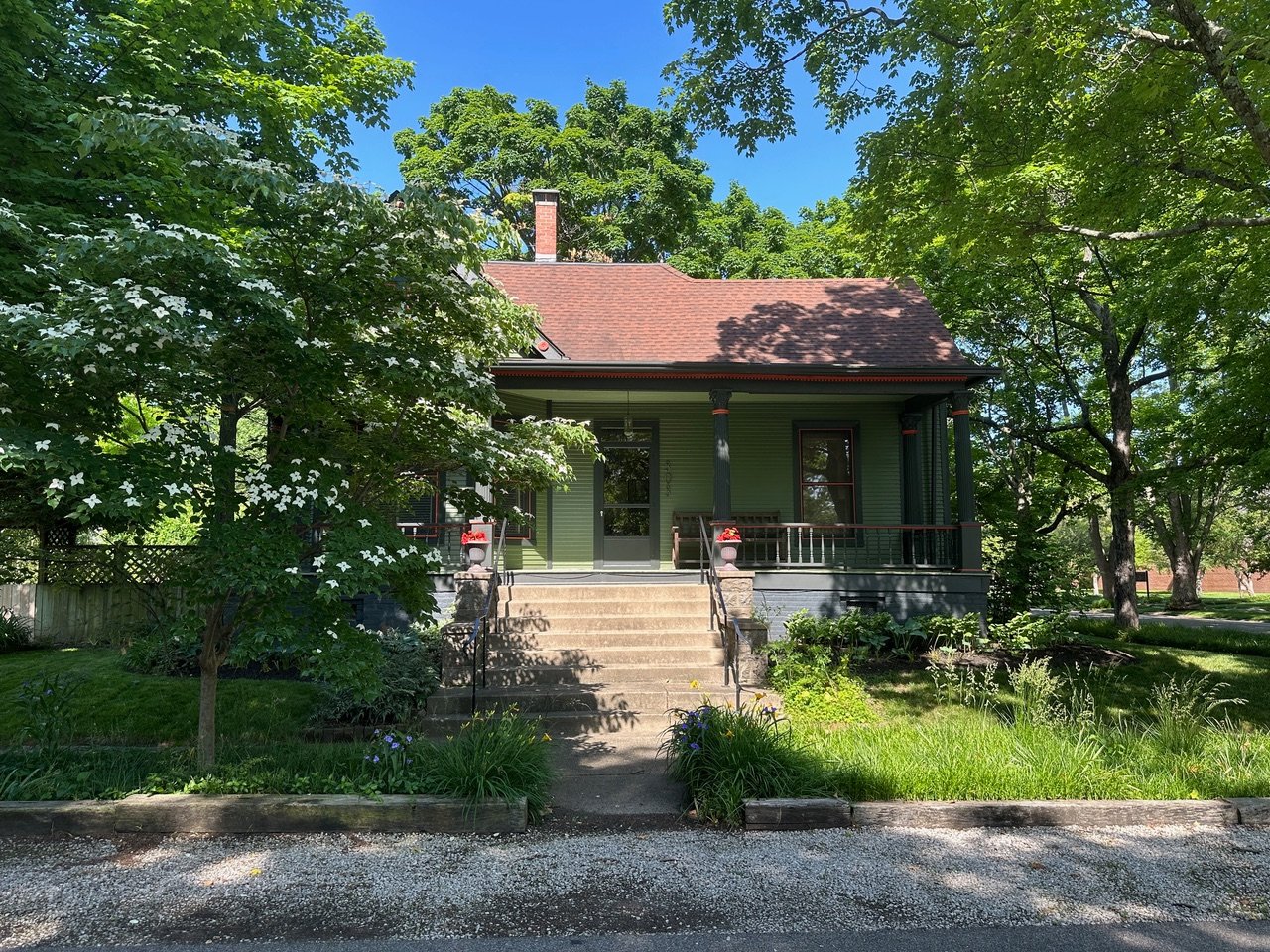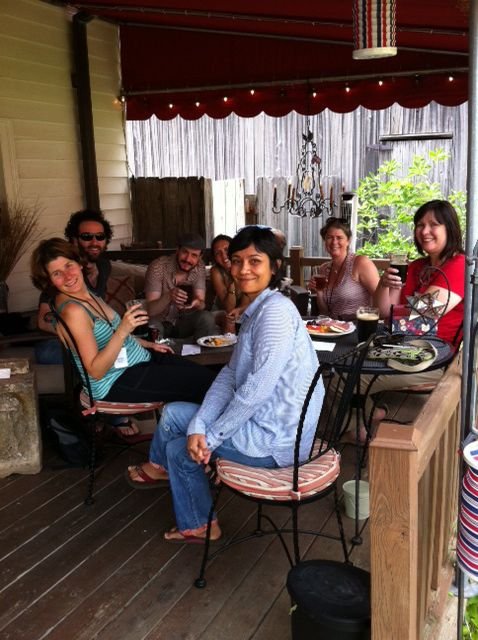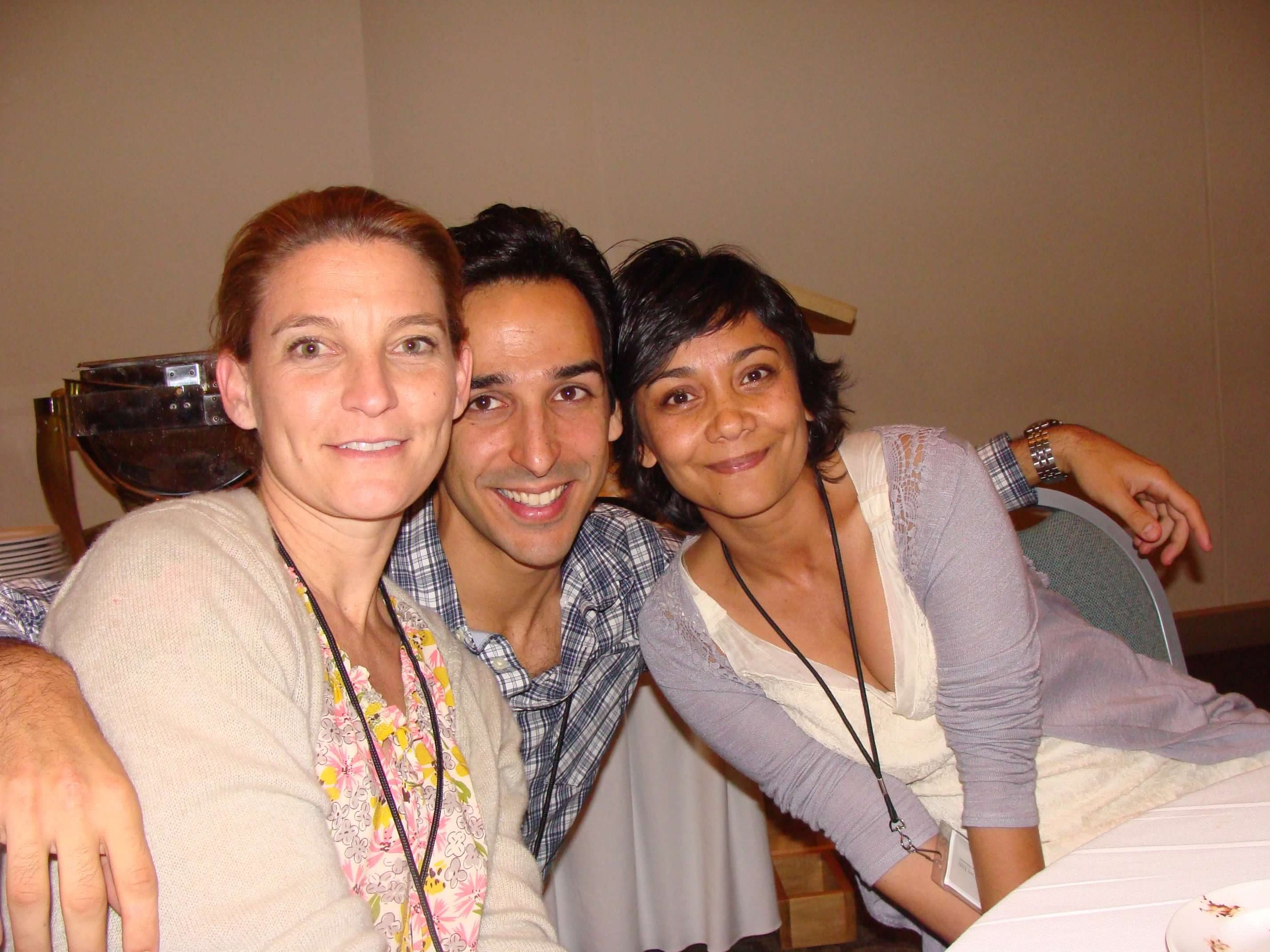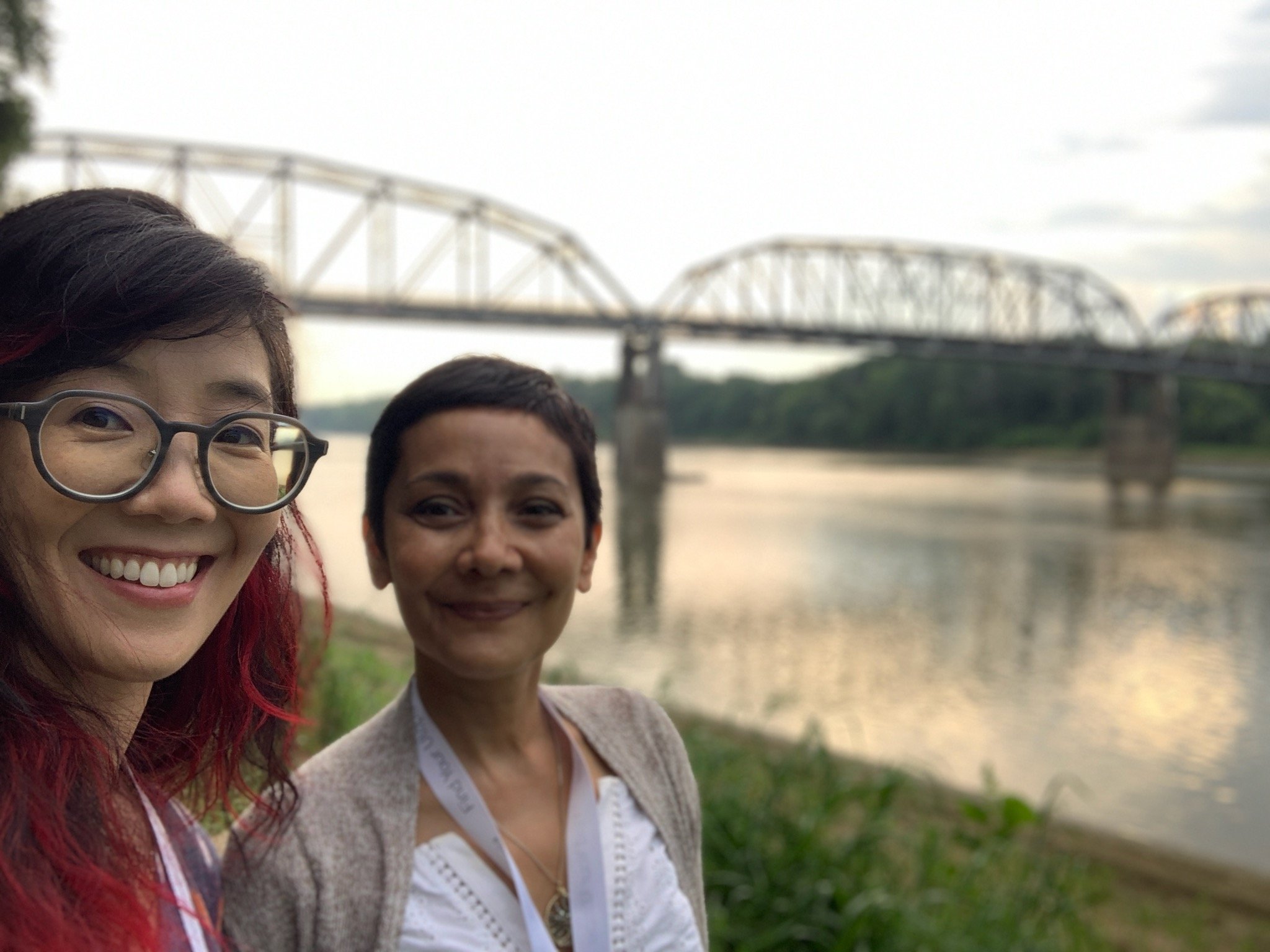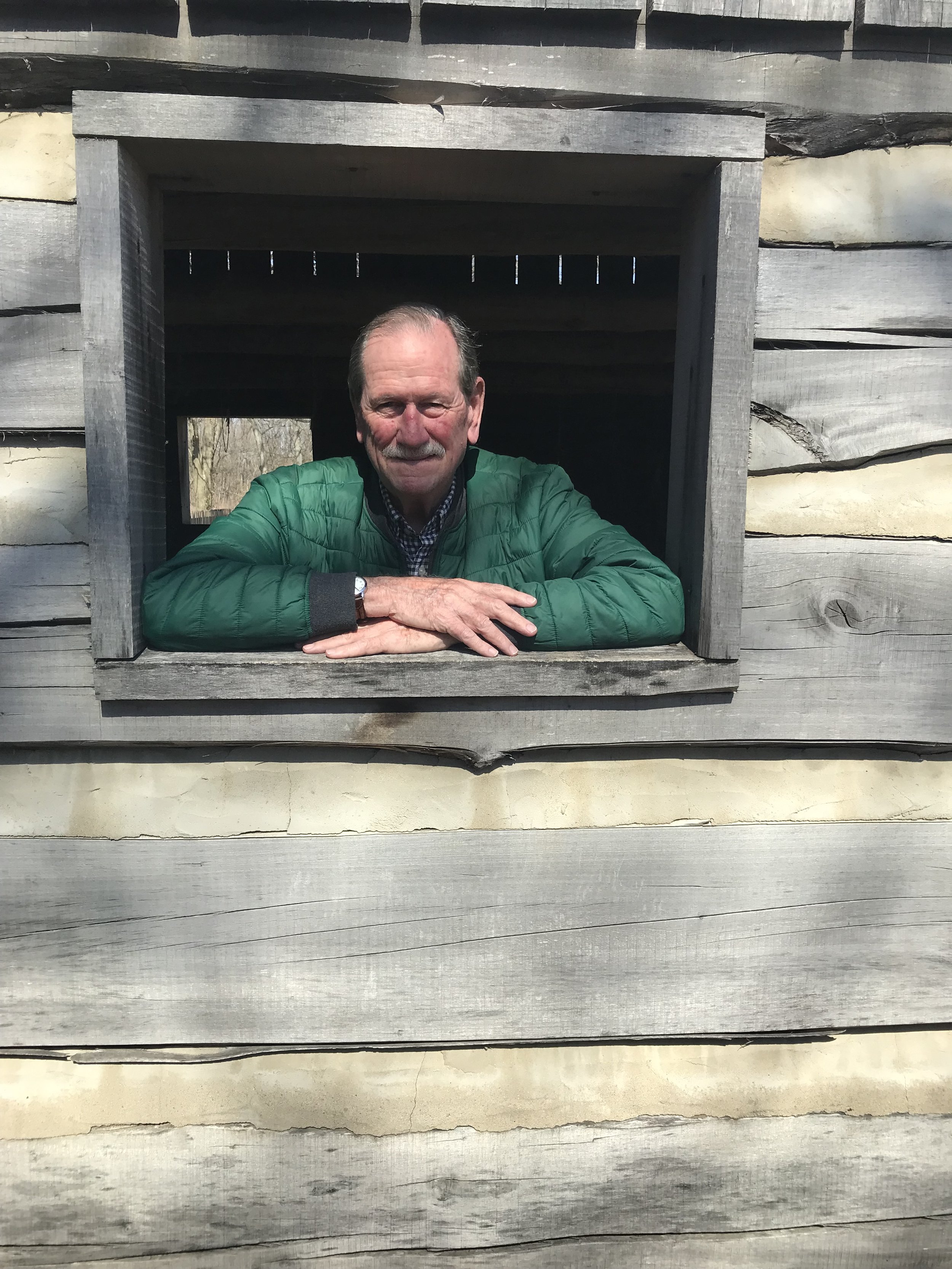Describe your 2021 NHP conference experience
The 2021 New Harmony Project conference was a lot of folks' first big development experience back from COVID-19 isolation. People seemed to be buzzing from the excitement of just being in close contact with other artists. Personally, Covid hit during my first year of grad school. One of the reasons I chose UCSD was the proximity to my husband's parents, who were having health issues. In March 2020, my mother-in-law passed away due to heart failure. We spent the next few months living in her home in Santa Ana, mourning, sorting through boxes — then six months later, my father-in-law passed due to complications with dementia, and it was the same thing all over again. I know a lot of people had a hard time writing during isolation, but for me... I was in school, so I had the accountability of my professors and classmates, but also — I really needed to write. Our home was filled with so much death and grieving, and I needed an escape. I wrote A LOT. And in 2021, it felt like I was let out of this tiny writing hole, and I was able to once again see how my art and my voice and, just my whole SELF fit into the world.
I have this vivid memory of sitting in the hot tub in New Harmony and befriending a random interracial couple from town. I took them up on their offer to give me an hours-long unofficial golf cart tour of the town — taking my (new, at the time) friend Caity-Shea Violette with me as we recklessly rode alongside the Wabash River, tailed it through the cemetery, checked out all the most bizarre items in the Working Men's Institute. I wrote too, but the golf cart tour really brought out my thirst for adventure again, reminded me to be bold, to embrace the strange, to listen to people unlike me — and all of that seeped into my work to make it feel alive and fresh again.
WHERE DO YOU Find Inspiration?
I listen to a lot of music when I'm plotting/thinking, every piece has a playlist that is extremely distinct, so I can't really put my finger on one musician/band. This year, as I've worked on SHARON and THE BED TRICK (among others), my top bands were the Zombies and Wet Leg.
I still love The White Stripes a lot. They inspire me NOT to aspire to perfection, that the flaws are what make art relatable.
I watch a lot of plays, I read a lot of plays, I watch a lot of TV/film. I wish I read cool books, but I mostly read old Agatha Christie's or YA fantasy novels. Not everyone agrees, but working in film/TV has made me a better playwright. It's taught me that theme and messaging don't have to come at the expense of entertainment and storytelling.
Recently I've been inspired by some cool plays: RADICAL by Isaac Gomez (who was also at New Harmony in 2021!) and CRABS IN A BUCKET by Bernardo Cubria. I'm also watching the FARGO series for the first time, and I cannot believe it took me this long. Also, season 2 of the podcast IN THE DARK was recommended to me by writer/director Kareem Fahmy (NHP Alum) and Theater Mu's Lily Tung Crystal, and it was insanely inspiring.
WHAT ARE YOUR WRITING routines OR habits?
I have ADHD and do not take medication for it! I will not sit down at my laptop unless I feel like it. I never want my laptop time to feel like a punishment. I listen to music and run, do the dishes, walk my dog, do laundry, just thinking and thinking and thinking about my project and all the different ways it could go — until it feels like my brain is going to burst open, then I run to my laptop and let it flow. I don't obsess about punctuation, I don't agonize over the perfect word. I just trust my first instincts. Not being too exact in the first draft actually makes me more open to cut and revise and make giant changes later, nothing ever feels too precious. Same thing with hearing it out loud: I try to get people to read it out loud before I start getting too attached to any moments.
Another ADHD trick! I work on multiple projects at all times. That way, if my mind wants to procrastinate on Project A by working on Project B, that's still a super productive day!
CAN YOU SHARE ANY tips about the business?
I started as a regional theatre actor, which is good and bad. It means I had spent many years unknowingly building relationships with theatre orgs and arts leaders, but it also meant a lot of having to prove myself in order to be taken seriously in my new career path.
A couple things I've learned:
"Networking" doesn't have to be a dirty word. General meetings don't need to be stressful. In fact, most arts leaders are overworked and stuck in boring meetings, and they are excited to get to chat with artists. Don't try to pitch them your project. Truly, only bring up a project if they ask, or if it naturally comes up in conversation. We're not here to get programmed into their next season (though that would be nice). We're here to build a long-term relationship.
Sure, a lot of people have had great success writing adaptations of super famous books, focusing on solo shows, keeping in mind all the things we think theaters want. But for me, it was actually stepping away from what I thought theaters "wanted," that I started getting produced more. The last few years have gotten me back to — "What do I want to see onstage?" And it turns out other people want to see that thing too!
Matchmaking: Organizations will try to match you up with directors and dramaturgs they like! Just because someone is famous or well-respected doesn't mean they're right for you or for this specific project! I don't really consider myself to be an "intellectual," and I often can't stand working with directors or dramaturgs that are overly intellectual — sometimes I just have no idea what those people are talking about. And that's ok! I instead collaborate with artists who understand what I'm doing, and who speak my language.
ANY Dream Projects?
I'm really excited to dive into my MTC/Sloan commission — I've written multiple plays now exploring AAPI identity, AAPI Southerner identity — the play EXOTIC DEADLY: OR THE MSG PLAY really dove into my mom's side of the family (my Japanese side). For MTC, I'm writing a play about nuclear power, taking inspiration from my dad's side of the family. My dad is a white, retired nuclear engineer who spent most of his career working in international offices. He grew up super poor, says the wrong thing almost constantly, but is someone I greatly admire. I'm interested in writing a story about nuclear energy that doesn't just veer into sensationalism, and I'm excited to write an empathetic play focusing on a man very unlike me, as he considers his "legacy".
Follow Keiko on Instagram: @keikothegreen
